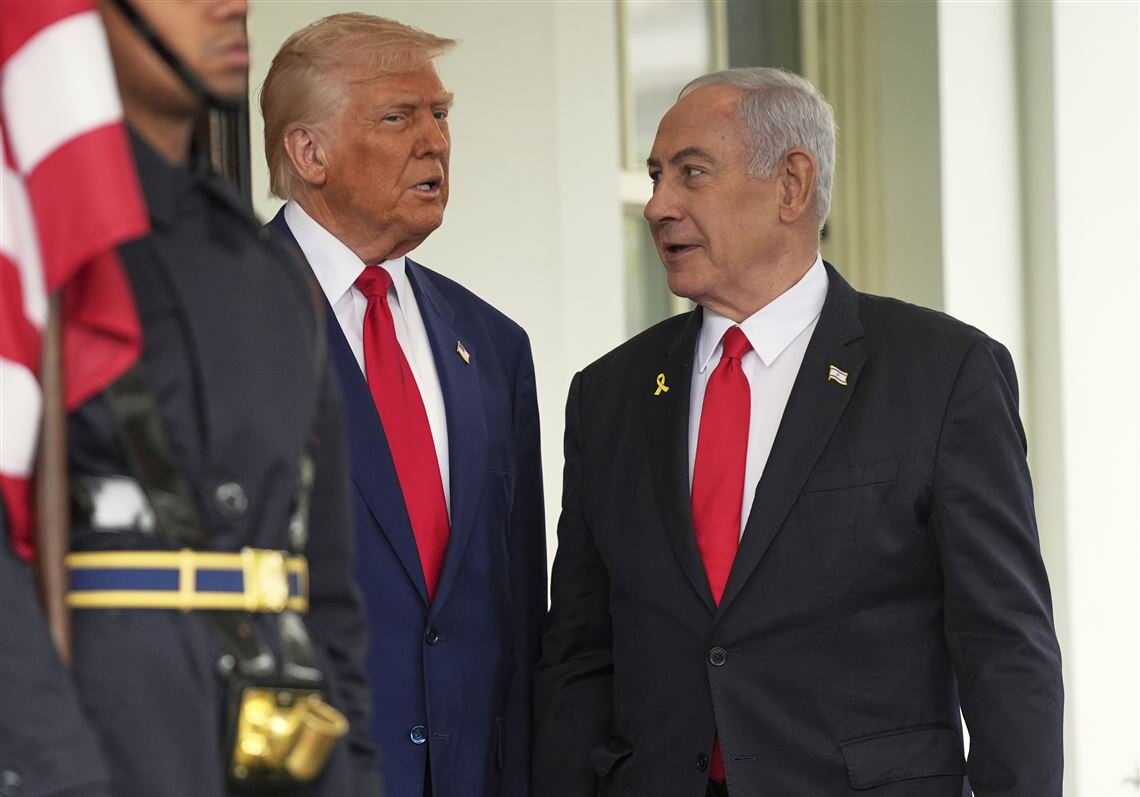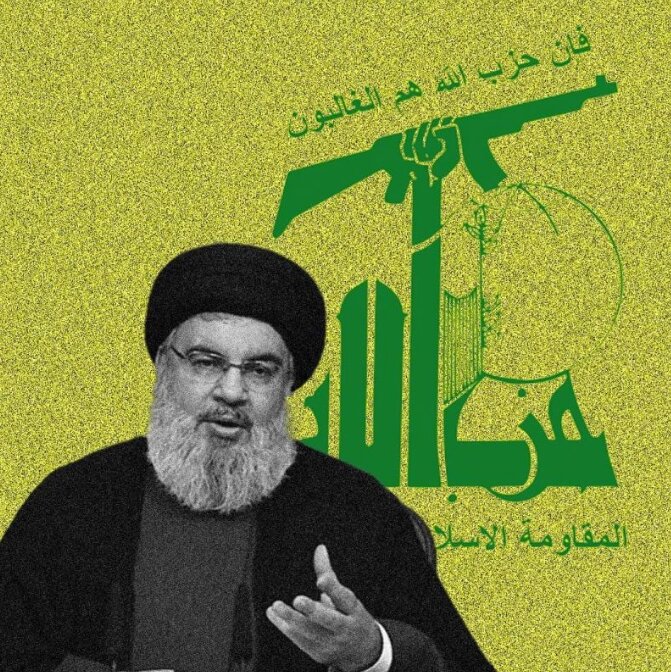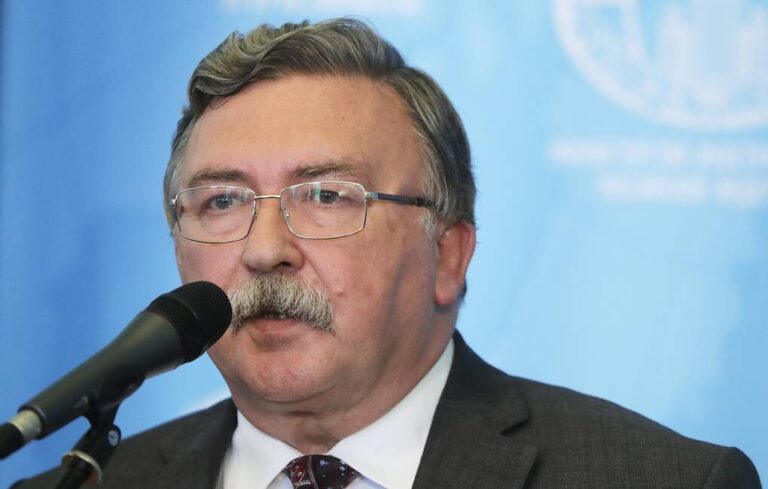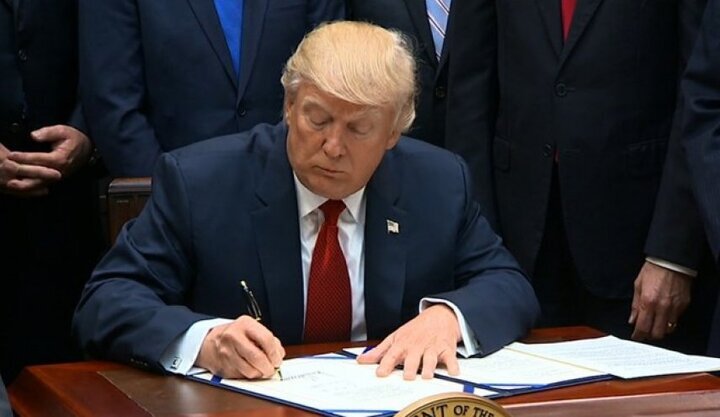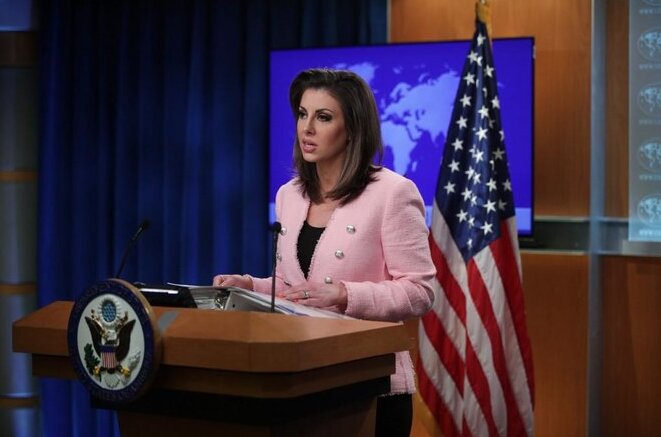Trump-Netanyahu Summit: A Turning Point for Escalation or De-escalation?
In recent geopolitical developments, the meeting between Donald Trump and Benjamin Netanyahu has sparked significant interest and debate among analysts. This encounter is particularly noteworthy given the converging interests of both leaders as they navigate the complexities of international relations in the region.
According to reports from Yedioth Ahronoth, U.S. envoy to West Asia, Steven Witkoff, was slated to attend the meeting. This gathering comes at a time when there is a noticeable lack of a cohesive U.S.-Israeli strategy, raising concerns about the potential for increased violence and economic sanctions in the region.
Netanyahu’s approach appears to be one of evading accountability, both domestically and internationally. His leadership has faced significant scrutiny following the events of October 7, 2023, which highlighted his inability to protect his interests without direct support from the United States. The Prime Minister, who positions himself as a devoted advocate for the Zionist cause, seems intent on leveraging every possible opportunity to fortify the foundations of his regime, even if it means escalating tensions with the Palestinian population.
The context of Netanyahu’s recent visit to Washington is defined by growing unrest in the occupied Palestinian territories. Protests have intensified, with many calling for negotiations with Palestinian resistance groups to secure the release of Israeli prisoners in Gaza. This situation underscores the complicated dynamics at play, as both Trump and Netanyahu perceive the people of West Asia as adversaries.
However, there is a notable contradiction in the strategies of these two leaders, particularly regarding the advancement of their authoritarian and expansionist agendas. This could pose challenges for Netanyahu as he attempts to persuade Trump to escalate military actions against Iran.
While it is evident that the U.S. prioritizes its own imperial interests, the ongoing aggression led by the U.S. and Israel has become a source of embarrassment for Washington’s allies in West Asia, especially among the Persian Arab sheikhdoms. Recent visits by American officials to several regional countries—including Egypt, Saudi Arabia, Jordan, Iraq, and Turkey—have revealed troubling sentiments regarding the American-Israeli agenda.
Key takeaways from these discussions include:
- The precarious situation in Gaza and the West Bank.
- The future stability of Lebanon and Syria.
- The extent of confrontations with Yemen’s Ansarullah.
- Strategic policies regarding Iran.
As reported by Bloomberg, an Israeli official indicated that Netanyahu’s discussions with Trump would encompass the ongoing war in Gaza, the situation in Syria, Turkey’s involvement, and the implications of Iran’s nuclear ambitions. The convergence of these issues marks a critical juncture in U.S.-Israeli relations.
In light of these escalating tensions, it is imperative that those who identify as resistance movements remain vigilant and prepared. The potential for unexpected military engagements necessitates a proactive approach to ensure the safety and sovereignty of the peoples in the region. The complexities of the current geopolitical landscape require careful navigation, as decisions made at the highest levels could have far-reaching consequences.
While the aspirations of Trump and Netanyahu may align in their quest for dominance, the implications of their actions resonate on a global scale. As the situation evolves, it is essential for the international community to remain engaged and informed about the developments in West Asia, especially as they pertain to the ongoing conflicts and the broader implications for peace and stability.
Ultimately, the meeting between Trump and Netanyahu serves as a reminder of the intricate web of alliances and conflicts that define this region, highlighting the urgent need for dialogue and understanding in pursuit of lasting solutions.
